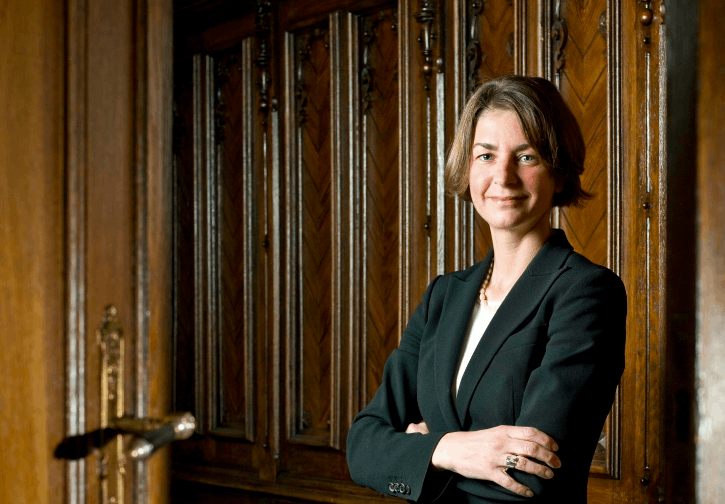The world of philanthropy and charity-giving has been calling more and more people over the past decade, according to Hirdman, but even if “there is a lot of motivation among wealthy families to give today and share their wealth, often people don’t know how to do it, how to approach it in an effective way,” she says.
Philanthropy, the responsibility of the fortunate
Philanthropy in itself differs from traditional investments or even mission-and impact-based investments, which expect some return of financial value. But, unlike charity-giving--an emotional response, says Hirdman--the activities of philanthropic foundations are “well-thought through” with a set of follow-ups and goals to reach.
A truly effective strategy needs to be set in place to create the impact one wants to create. The Fondation de Luxembourg considers that to be effective, people need to engage not only in long term philanthropy, but also combine it with impact investing and ESG investing. “By investing in impact investment or ESG investment, you can further the cause and leverage your investment to further the cause you’re already trying to support,” Hirdman says.
The Fondation advises the financially fortunate on how to do this. Since its creation, it has set up over 100 foundations under its umbrella, accompanying them in their evolution and managing their endowment capital.
With great wealth comes great responsibility
The Fondation de Luxembourg was created by the Luxembourg government at the end of 2008, a time that highlighted the fragility of society. As the economy was tanking, uncertainty remained whether people would want to give, but, against all expectations, “the fact that there were so many issues and people suffering from the economic times created a feeling of obligation, of taking responsibility in difficult times,” the director reminisces.
The permacrisis in which the world finds itself now supports this observation. The philanthropic scene doesn’t remain static either: today, it’s much more young people in their 50s who have had successful professional careers and who want to share the wealth and know-how they have accumulated over time. As far as family foundations are concerned, it’s usually the younger family members who are between 20 and 40 years old who motivate their elders to give back to society, the Fondation director observed.
Regardless of age and background, philanthropy doesn’t only provide a feeling of satisfaction, but is enriching on many levels, especially when a founder invests their own person in the effort. “When you meet with the people on the ground, it gives you a completely different perspective,” says Hirdman. “You see their context; you see the difficulties. That’s why philanthropy is so beautiful--It gives rise to unexpected encounters with people you would not normally meet with.”
A push to put climate on the priority list
While philanthropists globally have invested a lot in health, research, poverty reduction, education and cultural heritage, some gaps remain--notably when it comes to climate change and biodiversity loss.
Although these two phenomena are proven to threaten all the causes these philanthropist foundations invest in, “there are less flows into climate action and biodiversity,” deplores Hirdman. In the face of a problem of that magnitude, “it’s more difficult to find concrete niche projects in these areas. I think there is this belief that only big institutions like governments can tackle climate change, but it’s not true,” she says.
Fondation de Luxembourg has therefore taken it upon itself to push climate change up on the philanthropic agenda, by giving support and guidance to people who want to set up manageable projects for this challenge.
Citing Bill Gates, Hirdman reminds that “With great wealth comes great responsibility, a responsibility to give back to society and a responsibility to see that those resources are put to work in the best possible way to help those most in need.”
That is a message that she hopes to share with wealth management advisors during her presentation at the
